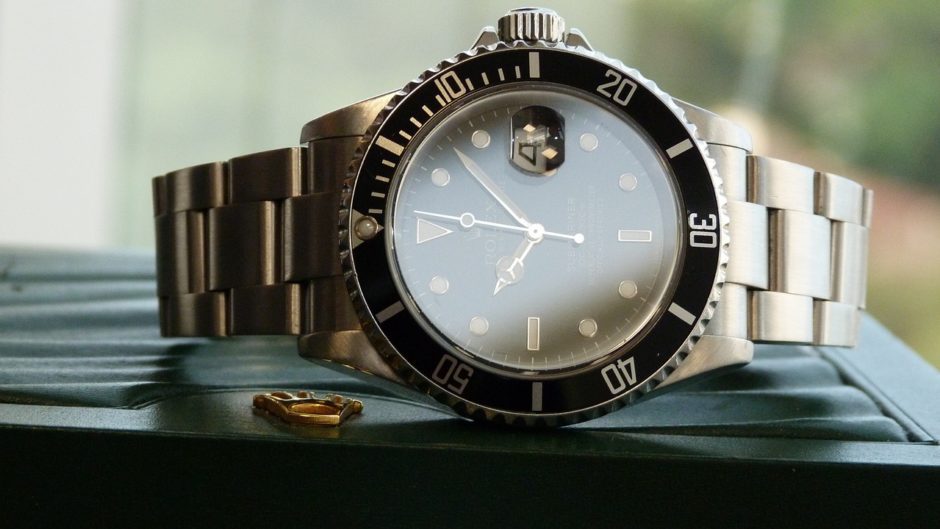Why do some watches cost more than others? Watch prices tend to be a divisive subject because, while luxury watches and cheaper watches both tell time, there are so many other factors that put luxury watches at a higher price point. We’ll explore some of those reasons below.
Heritage and History
Luxury watches made today come from a long tradition and heritage. Names like Breitling and Rolex have been producing expertly crafted timepieces for generations.
The majority of luxury timepieces have their origins in Switzerland. The reputation of Swiss watchmaking authority explains why those timepieces that come from Switzerland are likely to be more expensive. Watches made by other European watchmakers enjoy the associated sense of prestige that permeates the European luxury watch market.
Expert Manufacturing
The master craftsmanship, quality materials, time and effort that goes into producing a luxury time piece are far and away superior to mass-produced watches, which are made on an assembly line with poor-quality materials. The additional cost of fine materials and attention to detail means that you can trust that the master craftsmen from the likes of Montblanc have poured an unparalleled amount of time into producing the finest possible timepiece.
The “movement” in a watch is one of the biggest factors when assessing the cost of a luxury timepiece. Many of the leading watchmakers have developed their own movements in-house, which takes a great deal of investment from skilled workers.
Cheaper watches seen at ordinary jewelry counters will typically have a generic quartz movement, which is not a terrible instrument, but there is no comparison when placed next to a watch with an in-house movement.
Perceived value also lends itself to the price of a luxury timepiece. The consumer is prepared to pay a greater amount for a watch they feel is better than other watches available.
Men who shop for designer men’s watches are drawn to them because they see these timepieces as a status symbol that will draw attention and admiration from others, whether at work or out and about. They instantly add a level of prestige to any outfit – Marlon Brando might have worn jeans and a T-shirt in A Streetcar Named Desire, but he was also known for sporting luxury watches.
Luxury watches are also viewed as an investment, one that will last your lifetime and when passed down to future generations. Cheaper watches don’t enjoy that same perception.



